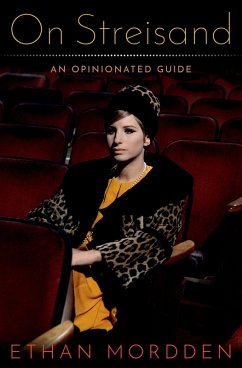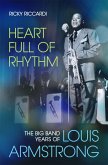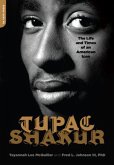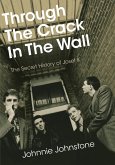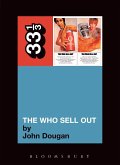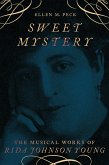She said, "I became a singer because I couldn't get work as an actress," but Barbra Streisand not only became both but revolutionized the two professions. Her music transformed the smooth, uninflected style of the Frank Sinatras and Ella Fitzgeralds into an engine of dramatic vocalism in which each song is like a miniature three-act play. And Streisand's films changed forever the ideal of how a movie star chooses roles, going from musicals to dramas to comedies, from period fare to ultra-modern tales, from
Funny Girl to
The Way We Were to
Yentl.
On Streisand begins with a broad year-by-year outline of the landmark achievements and a few of her more whimsical escapades, as when Rex Reed apologizes for an oafish interview piece and she responds with "I had more respect for him when he hated me." This is followed by a long essay on how Streisand's idiosyncratic self-realization marks her as a unique national treasure, an artist without limits. Then comes the major part of the book, a work-by-work analysis. This section is broken down into separate chapters, each organized chronologically: the stage shows, then the television shows and concerts, then the movies, and last (because longest) the recordings. Throughout, Mordden follows Streisand's independence, which he sees as her central quality. Throughout all of the chapters on Streisand's shows, concerts, films, and recordings, Mordden illustrates how she was exercising individualistic control of her career from her very first audition, and how the rest of her professional life unfolded from that point. A book written by an opinionated expert whose prose is consistently full of flair and wit,
On Streisand: An Opinionated Guide will appeal to general readers in all aspects of American life that Streisand has touched, from film to television to popular music to stardom.
Dieser Download kann aus rechtlichen Gründen nur mit Rechnungsadresse in A, B, BG, CY, CZ, D, DK, EW, E, FIN, F, GR, HR, H, IRL, I, LT, L, LR, M, NL, PL, P, R, S, SLO, SK ausgeliefert werden.

